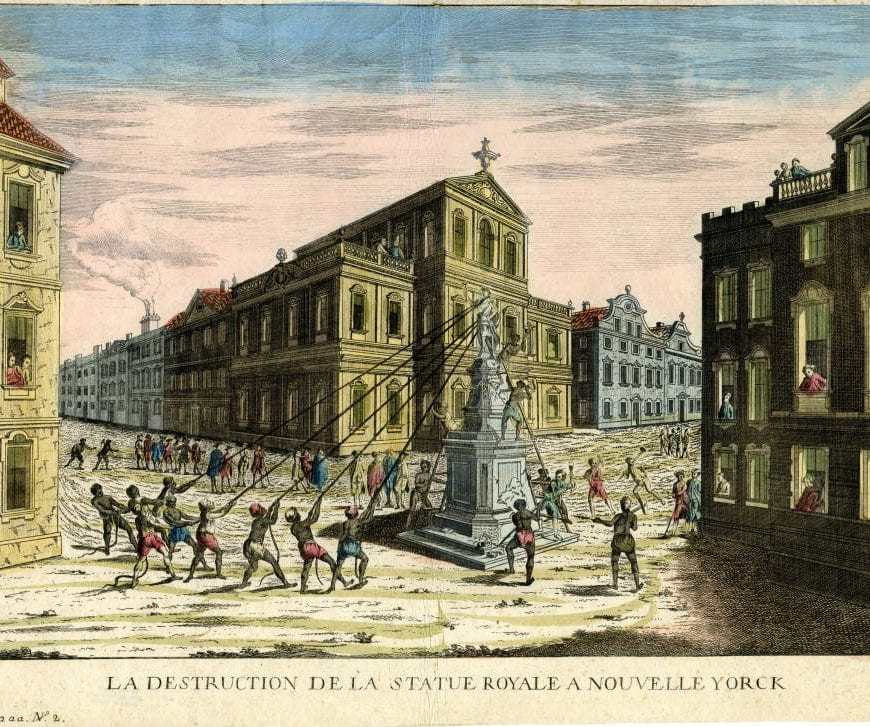
Roundtable — Facing the Archive from the Present: A Celebration of Dan Richter’s Work, Part II – Tara A. Bynum and Liz Polcha
EAS Editors’ Note: This is Part II of a guest-edited roundtable that was in response to “Facing the Future of Early American Studies,” the July 2023 conference where scholars reflected on the scholarship and mentorship of Daniel K. Richter, director emeritus of the McNeil Center for Early American Studies. Read Part I here. Facing the Archive from the Present: A Celebration of Dan Richter’s Work, Part II Links to Facing…








